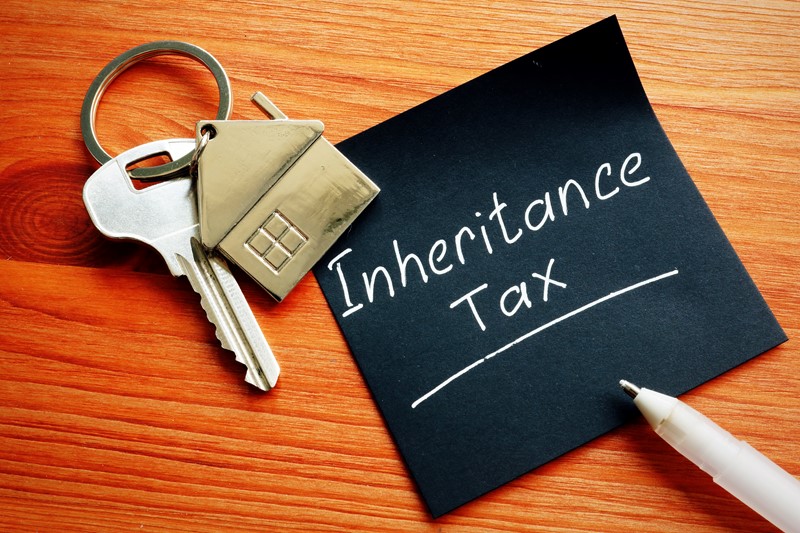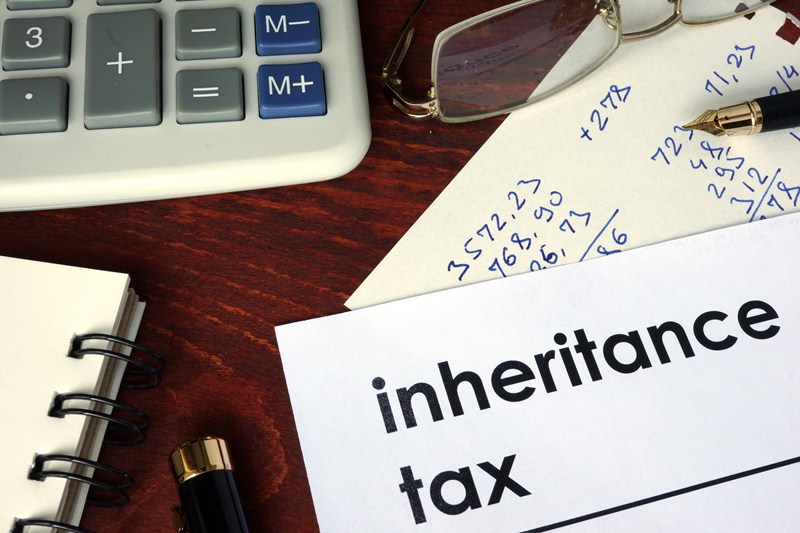
by Admin | Jan 12, 2023 | Inheritance Tax
Inheritance Tax (IHT) is levied on a person’s estate when they die and can also be payable during a person’s lifetime on certain trusts and gifts. The rate of Inheritance Tax payable is 40% on death and 20% on lifetime gifts. The current IHT nil rate band...

by Admin | Dec 15, 2022 | Inheritance Tax
If you inherit property, you are usually not liable to pay tax on the inheritance. This is because any Inheritance Tax (IHT) due should be paid out of the deceased’s estate before any cash or assets are distributed. The rate of IHT currently payable is 40%...

by Admin | Nov 17, 2022 | Inheritance Tax
It is possible for wealthier taxpayers to make tax exempt gifts and payments that are funded as normal expenditure out of income. This is a very flexible exemption from IHT as there are no specific requirements, for example by making fixed regular...

by Admin | Nov 3, 2022 | Inheritance Tax
There are a number of reliefs available that can reduce liability to Inheritance Tax (IHT) if you inherit the estate of someone who had died. One of these reliefs is known as IHT Business Relief and is a valuable tax relief for taxpayers with business interests,...

by Admin | Oct 27, 2022 | Inheritance Tax
The majority of gifts made during a person's life are not subject to tax at the time of the gift. These lifetime transfers are known as 'potentially exempt transfers' or 'PETs'. These gifts or transfers achieve their potential of becoming exempt...

by Admin | Sep 29, 2022 | Inheritance Tax
In certain circumstances, a will can be changed after death. This can be done by using what is known as a Deed of Variation. Any changes to the will must be done within two years from the date of death. However, beneficiaries who would be left worse off by the change...








Recent Comments